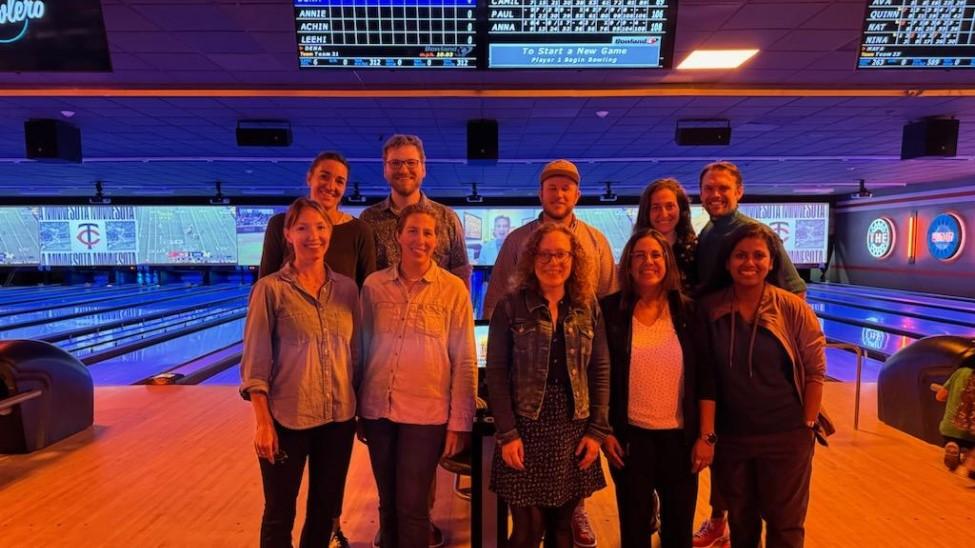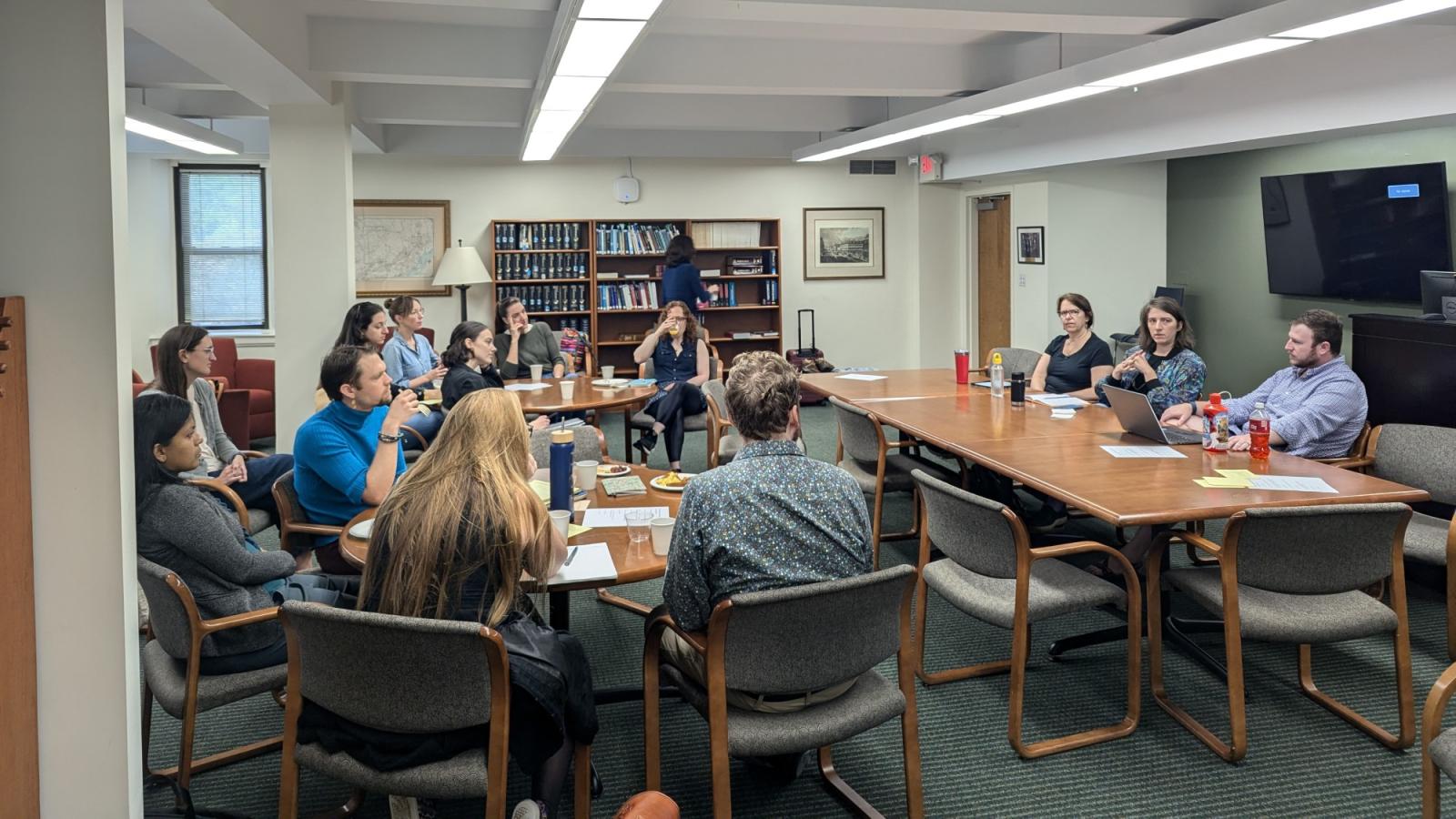
Elisabeth Haub School of Law at Pace University Hosts Inaugural Early Environmental Law Scholars Conference

On September 7, 2024, the Elisabeth Haub School of Law at Pace University hosted the inaugural Early Environmental Law Scholars (EELS) Conference. The goal of the Early Environmental Law Scholars is to foster community building, idea exchange, and professional development for emerging scholars in the field. The conference was open to junior environmental academics, specifically those with less than 7 years on the tenure-track and fellows/Visiting Assistant Professors (VAPs) teaching at US schools.
“The Early Environmental Law Scholars organization provides a platform for junior environmental law scholars to connect over scholarship, teaching, and more,” said Camila Bustos, Assistant Professor of Law at Elisabeth Haub School of Law at Pace University. “Creating spaces for community building and idea exchange is integral to the future cohort of environmental law academics. This inaugural conference successfully brought together junior environmental law scholars with the shared goal of making a current and future impact in the environmental academic arena.”
Professor Bustos and Professor Alex Erwin, former Visiting Assistant Professor at Haub Law and current Assistant Professor at Florida International University College of Law, founded EELS earlier this year after noticing a need for additional spaces where juniors could connect over teaching and their experiences as early career scholars.
This inaugural EELS conference was made possible through the support of a grant from Haub Law’s Innovation Fund. The Haub Innovation Fund is part of the generous naming gift to the Elisabeth Haub School of Law at Pace University, which was made by the Haub Family, tireless environmental advocates and philanthropists. “We are so grateful that with the resources of the Innovation Fund we were able to host this important inaugural conference,” said Achinthi Vithanage, Professor of Law for Designated Service in Environmental Law and Associate Director of Environmental Law Programs at Elisabeth Haub School of Law at Pace University. “The future of environmental academia is very much in the hands of junior scholars and their innovation in the field, so it is very fitting that Haub Law’s Innovation Fund supported this idea generating conference.” Professors Paul Rink, current Visiting Assistant Professor at Haub Law, Annie Brett, University of Florida Levin College of Law, and Amber Polk, University of Alabama School of Law, also joined the organizing committee for the EELS Conference.
The morning sessions of the event provided participants with an opportunity to delve into their scholarship, teaching, and other topics relevant to early career academics. In a productive session, early-career scholars delved into the core elements of effective teaching. They engaged in discussions around defining quality scholarship, strategies for creating syllabi that foster active learning, and methods to ensure their classrooms are inclusive and serve the needs of diverse students.

The second half of the conference consisted of a networking and social engagement session where participants went bowling and had an opportunity to connect. The day prior to the EELS Conference, Pace | Haub Environmental Law hosted the 11th annual Future Environmental Law Professors Workshop. The prestigious annual workshop is designed for Visiting Assistant Professors, Fellows, Researchers, Law Clerks, Practitioners, and others, including current students, who are currently, plan to go on, or are considering the academic teaching market in the areas of environmental law, natural resources law, food and agriculture law, energy law, land use planning, and/or ocean and coastal resources law. That workshop concluded with an evening reception co-sponsored by Pace | Haub Environmental Law and the Early Environmental Law Scholars (EELS) and served as the opening reception for this inaugural annual conference of EELS.


